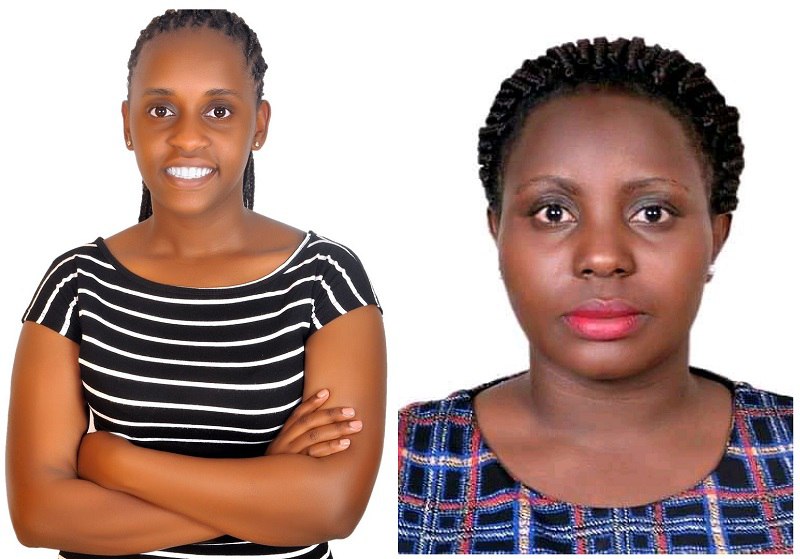Although cancer is a global health concern, low-income countries experience higher cancer morbidity and mortality compared with high-income countries. According to the 2022 World Health Organisation (WHO) report, approximately 19.3 million people were newly diagnosed with cancer and 10 million died of cancer in 2020 worldwide.
In Africa 752,000 people were newly diagnosed with cancer and 606,000 died in 2018. Uganda is one of the countries with the greatest cancer burden compared to any other country in the world. It is estimated that 62,548 people have been living with cancer for the last 5 years with 34,008 new cases and 22,992 deaths in 2020. Despite the high morbidity and mortality due to cancer, the universal solution to cancer treatment remains suboptimal.
Several factors such as poor or lack of quality cancer care, inadequate diagnostic facilities, lack of cancer awareness, and poor infrastructure lead to higher cancer mortality in low-resource settings. Knowledge gaps and inadequate training of healthcare workers in oncology are additional barriers.
However, research shows that the global oncology nursing workforce is essential to achieving Sustainable Development Goals 3.4 (reduce non-communicable disease morbidity by a third by 2030) and 3.8 (universal health coverage).
The need for speciality trained oncology nurses is primarily overlooked in low-income countries like Uganda because of the inadequate resource allocation in cancer education and training. Unlike high-income countries, low-income countries like Uganda lack standardized training and scope of practice in oncology nursing. This is prevalent both in the nursing school curriculum as well as continuing professional education (CME). Yet, nursing is the largest workforce in Uganda and Africa at-large.
Ideally, one would assume that the nursing profession would be naturally aligned to work closely on the cancer care agenda with specialized education and resources. Unfortunately, the opportunity for specialized courses or education in cancer care hardly exists for nurses in Uganda, and there is informal training (on-job training) which is insufficient, unsustainable, cannot be fully accessed by everyone and with hardly qualified people to teach oncology nursing programs. Lack of education and awareness about cancer treatment may result in suboptimal care of patients in low-income countries compared with high-income countries. This disparity is a major concern for healthcare practitioners worldwide.
The authors are; Angella Namulema; BSc Nurse working with Mbarara Regional Referral Hospital & Lilian Nuwabaine Luyima; BSc Nurse & MSN-Midwife
If you would like your article/opinion to be published on Uganda’s most authoritative news platform, send your submission on: [email protected]. You can also follow DailyExpress on WhatsApp and on Twitter (X) for realtime updates.



